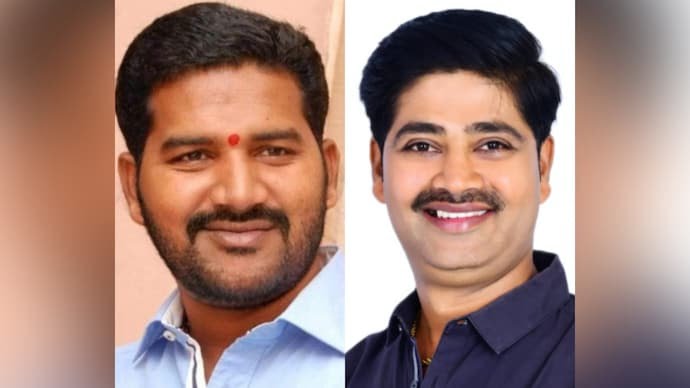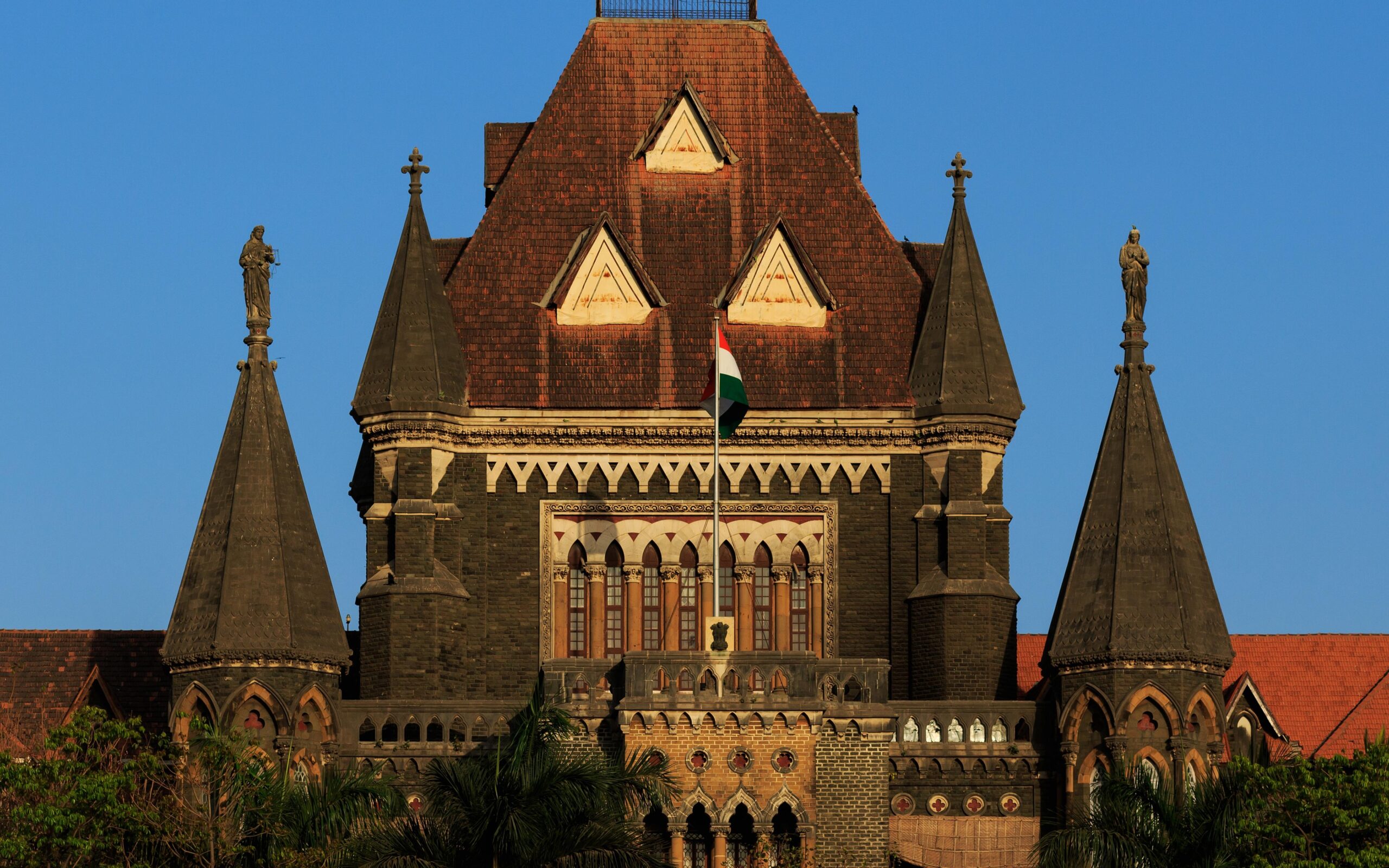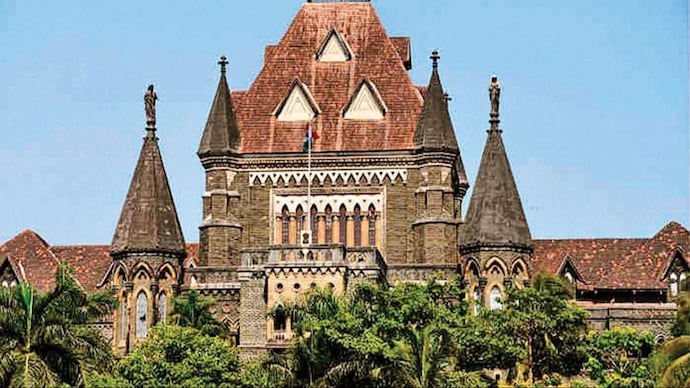Judicial Oversight Spurs Transfer of Baramati Shooting Investigation to CID. In a significant turn of events, the Bombay High Court has reassigned the investigation of a high-profile shooting incident in Baramati from the local police to the Maharashtra Crime Investigation Department (CID). This decision comes in light of allegations that local authorities were unduly favoring the accused.
Court Condemns Police Bias in Case Involving Former Sarpanch
The court noted disturbing trends where the injured victim’s testimony was being systematically disregarded, and extraneous evidence was being prioritized to benefit the accused. The case centers on a May 2021 shooting, where Akash More and an unidentified accomplice allegedly opened fire on businessman Raviraj Taware, who was with his wife at the time.
Justices Ajay Gadkari and Shyam Chandak, after a thorough review, observed that investigating officers appeared intent on exonerating the accused, ignoring substantial evidence of a conspiracy involving former sarpanch Jaydeep Taware. The court emphasized that the officers had neglected the crime’s motive, which was deeply rooted in political and business rivalries.

Both the accused and the victim are linked to the NCP faction led by Ajit Pawar. Although Raviraj was unharmed, the assailants threatened him, invoking Jaydeep Taware’s name. Allegedly, Raviraj had secured contracts through his wife Rohini Taware, a Zila Parishad member, leading to monetary losses and subsequent retaliation from Jaydeep.
Initially, the police invoked the Maharashtra Control of Organised Crime Act, arresting Jaydeep. However, within weeks, an officer reported insufficient evidence against him, resulting in his release on interim bail. Rohini Taware challenged this, prompting the trial court to reject the officer’s findings and mandate a thorough investigation based on witness testimonies.
Despite these directives, the investigating officer persisted in attempting to absolve Jaydeep, which led to multiple court interventions. Ultimately, Jaydeep’s appeals were dismissed by both the High Court and the Supreme Court, which upheld the trial court’s call for further investigation.
The High Court’s recent judgment underscores the necessity for a comprehensive investigation free from bias. Drawing on precedent from Abhinandan Jha v. Dinesh Mishra, the court modified the trial court’s order, removing the directive to file a charge-sheet while insisting on a detailed investigation as originally instructed.
Background and Legal Trajectory
Respondent 2 in this case requested the transfer of the investigation from the local police to the CID, CBI, or another independent body. Additionally, they sought to have another individual added as an accused.

Respondent 2 initially lodged an FIR under Sections 307, 120-B, 504, 506 read with 34 of the IPC, and Sections 4 and 25 of the Arms Act against several accused linked to the appellant, alleging an attempt to murder her husband during a shootout.
The motive was attributed to political and business rivalry. During the investigation, the Investigating Officer (IO) discovered that one accused was involved in an organized crime syndicate, leading to the invocation of the Maharashtra Control of Organised Crime Act (MCOCA) provisions against the accused, which was approved.
Although the appellant was arrested, he was later released on interim bail due to a reported lack of evidence.Respondent 2 then filed a Protest Petition before the Trial Court, which resulted in the court ordering a detailed investigation and directing the appellant to surrender to the authorities.
The appellant, dissatisfied with the Trial Court’s decision, petitioned a single-Judge Bench of the High Court, which dismissed the petition citing sufficient evidence against the appellant.
Following this, the appellant sought relief from the Supreme Court through a Special Leave to Appeal, which was also dismissed.
After the Supreme Court’s dismissal, the appellant was re-arrested. However, a subsequent IO once again exonerated him, citing no evidence. Respondent 2 filed another Protest Petition against this finding, leading the trial Court to reject the IO’s report and order a detailed investigation and submission of a charge sheet. The appellant then challenged this order in the present appeal.
This case highlights the judiciary’s critical role in ensuring justice when local law enforcement agencies falter. The reassignment to the CID aims to restore impartiality and diligence in the probe, ensuring that all implicated parties are held accountable.
Also read:
India and Qatar Discuss Acquisition of Mirage-2000 Fighter Jets



